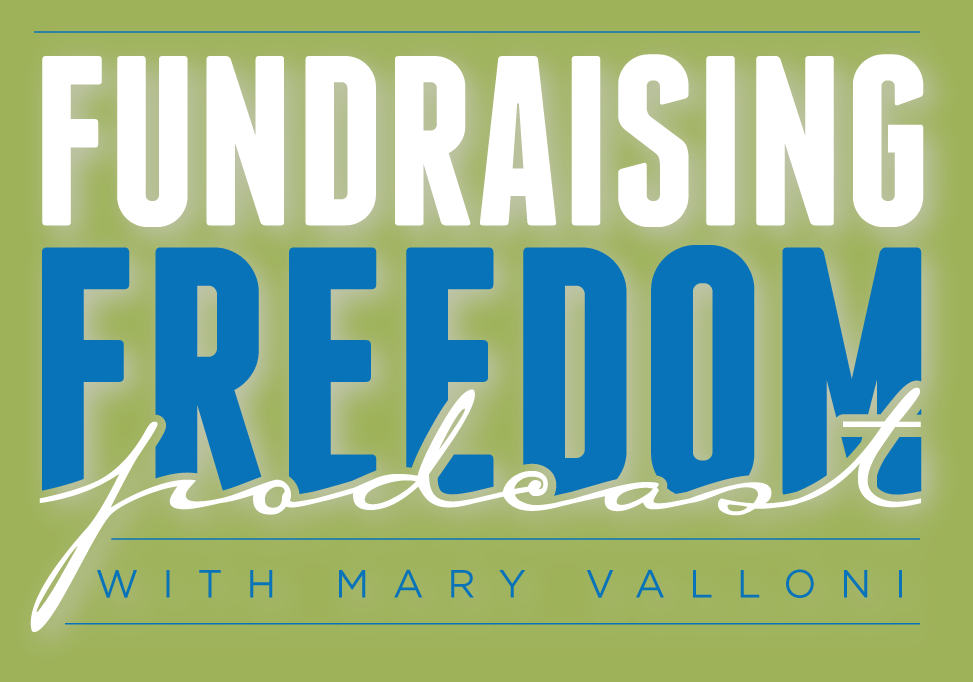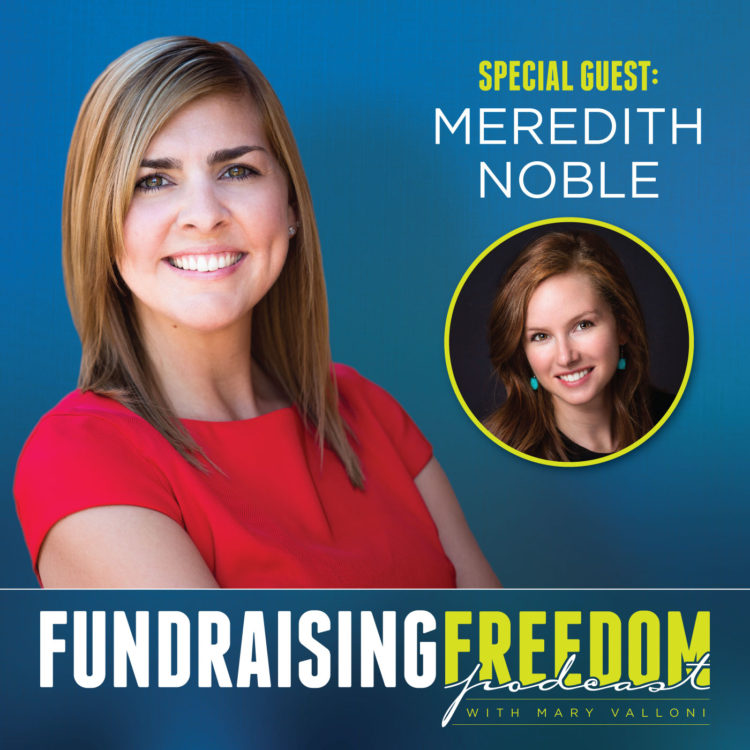Podcast: Play in new window | Download
Subscribe: Apple Podcasts | Android | RSS
On today’s show, we are joined by my guest, Meredith Noble. Meredith is the lead instructor and founder of SenecaWorks project management consulting firm and learngrantwriting.org. Their mission is to empower natural change-makers in making our communities vibrant, sustainable, and healthy.
Can you demystify grant writing for us?
Grant writing is not free money; it’s a vehicle for driving innovation and making change. With grant writing, you are trying to find a way to subsidize some of the risk from your organization. Look at it like writing a persuasive essay – you are trying to convince someone that your cause is worthy of the funding. You don’t have to be a stellar writer, but through the grant writing process, you can learn to write clearly and succinctly. Sentences should be 25 words or less, like a newspaper article.
If someone is either looking for a grant writer or considering become a grant writer, what should they do to get started?
If someone is considering hiring a grant writer, ask around to find who is behind successful applications you know about, especially if you have a specific grant you want to go after. If you can’t find someone you’re thrilled with, I recommend using Instrumentl Grant Writing matchmaking service. Instrumentl is a grant database for finding new grant opportunities. They also have a service where you can post your project or service that needs funding and they will match you with a grant writer.
Tell us about your grant writing program.
We have four modules, the first one is teaching students how to make their projects irresistible to funders. Second, we show you how to make a bulletproof budget. Next, is the secret sauce, which is how to find grants and which ones are worth pursuing. Finally, the last module is how to write winning grants and it’s built for the busy community change-maker who doesn’t have a lot of time. They can download audio files to listen as they commute to work. There are instructional videos online access to templates and samples. We also have a community platform that operates like Facebook.
What do you see people doing really well?
Most people coming to me have a very clear ‘why’ when it comes to their work; why it’s important. They have so much grit and persistence.
What do you see people struggle with?
From a grant writing perspective, people chase grants haphazardly. They chase them last minute; they are dropping everything to apply for a grant that looks like it’s the perfect opportunity and then they find out in the end that they had no chance, or they made a silly last-minute mistake. This cycle is really hard to break out of and is the most important habit I would change in people. I would then replace it with a plan on how to develop a funding strategy, which is a roadmap for knowing which grants you’re pursuing, when, and what needs to be done to prepare.
Here are two tips on how to determine if a grant is right for your organization.
- Calculate the likelihood of success. Figure out how many applicants applied last year and divide by the number that were awarded funding. If 100 applicants applied and 20 were given grants, then there’s a 20% chance of getting funded. I strive for 15% at the lowest, preferably 20%, likelihood of success.
- Calculate the true cost of preparing an application. When you consider everyone involved in the process, you’re sometimes looking at $1000 per hour just to meet. I encourage my students to really think about the true cost of the application. If you’re a new nonprofit, you are going to be in the red in the beginning. But it’s ok, because you are building momentum and credibility for managing money.
Tell us about your book.
How to Write a Grant: Become a Grant Writing Unicorn. It’s only been out 3 weeks and has already gotten to #1 bestseller status for nonprofit fundraising and grants. When people sign up for my free mini-course, I do send them a link to my secret freebie page that I’m always updating with new resources like budget templates, meeting agendas, etc.
What does freedom mean to you?
I live in Alaska in a tiny house on a lake overlooking the newly snow-capped mountains. I can walk 100 yards to my office, and we have fiber internet. I love that I can help people make a bigger impact through the work they are doing, but I love that I can do it from a place where I don’t have to choose between a career or life – they are seamlessly integrated. That is the ultimate definition of freedom to me.
To connect with Meredith Noble, email mnoble@senworks.org or check out her website, learngrantwriting.org. You can also go to Geeks in the Woods to learn more about the Work Life Experiment Pioneering in Alaska.
For more information about Mary Valloni, visit maryvalloni.com and to download our free Fundraising Freedom Roadmap, go to maryvalloni.com/roadmap.
Interested in joining the Nonprofit Executive Club? Check out nonprofitexecutiveclub.com

